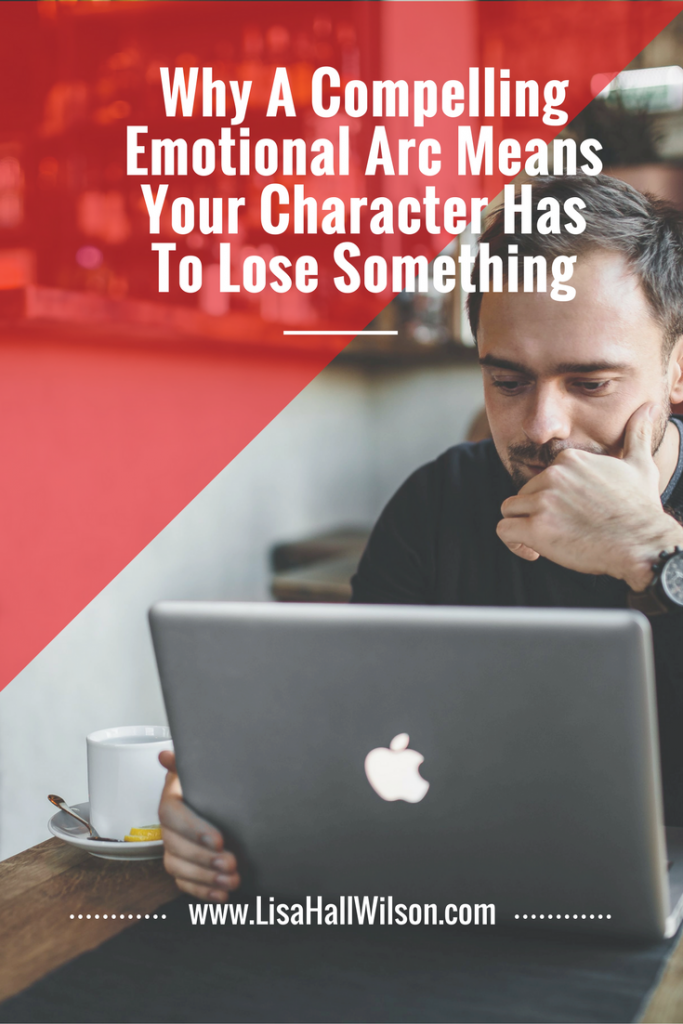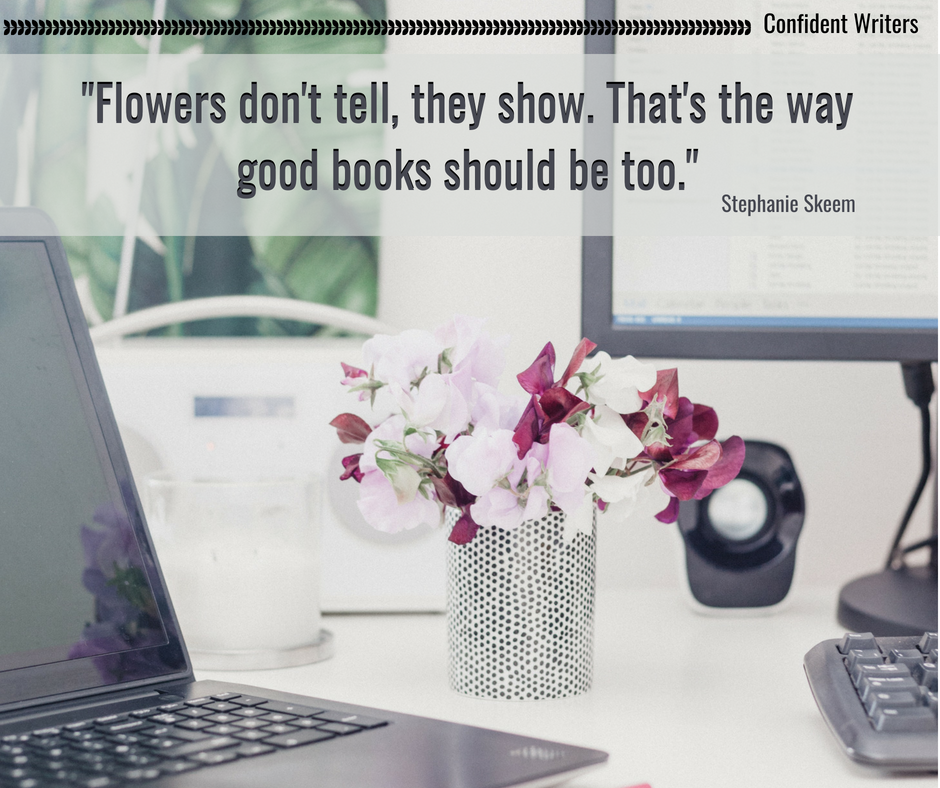
What kind of novel do you want to write? What kind of ending do you want: Happily Ever After (HEA) or a realistic ending? There’s only a right or wrong answer for you. HEAs are quickly consumed and deliver an emotional high for readers looking for a brief escape from reality. Those writing realistic endings are hoping to challenge or teach readers indirectly and take the character on an emotional journey where the reader learns something about themselves too.
My intent in asking is not to debate the merits of either one. There is a place for both in my opinion and it’s largely a question of personal taste for readers. Do you have the answer for yourself? It’s the difference between the Hallmark Channel and Bridget Jones’ Diary or My Best Friend’s Wedding. Between The Transporter and Taken. Between Transformers and Real Steel. Between Pride & Prejudice and Jane Eyre. This isn’t a genre question. There are passionate fans of each kind of ending, but their writers are aiming for different reader outcomes.
I’m asking because I received a question that sprang from this post on self-editing for plot:
“You say the ending of a story needs to be both a gain and a loss [for the protagonist]…Why would that be a good thing to do?”
So to answer this question you must first answer the question above. What kind of story do you want to write? If you’re looking to write happy escapes where your reader shuts the cover with a delighted sigh and then goes on with her life tra-la-la the following advice might not apply. If you’re looking to write the other kind of novel (as I do which is why it cropped up in the post on plotting), the kind of novel that delivers a gut-check and aims to leave readers asking questions that change how they think or feel about something, then ensure your novel ends with your protagonist both winning and losing something.

The Loss Must Cost Them Emotionally
Conflict is the basis of every novel. The emotional journey your character takes must cost them everything. If there’s no real challenge, if there’s no doubt they’ll achieve what they’ve set out to do, then there’s no tension or conflict. That’s a big problem. Even static characters (characters that don’t change from story beginning to end) must have something important to them on the line.
The Netflix show Jessica Jones features a character struggling with PTSD. She numbs her feelings and quiets her thoughts/self-doubt/guilt through alcohol because that’s easier than working through it all. She’s working to make sure Kilgrave (the antagonist) doesn’t hurt anyone else the way he hurt her, but there’s a steady parade of people through her office who’ve been harmed by Kilgrave because he’s upset she left him. She periodically sets aside the alcohol to help people but this costs her something because without the alcohol, the memories, the shame, the fear, the powerlessness returns. Each time she picks up the alcohol it feels like he’s won. She gets what she wants but never feels like she won. She’s still broken, still has PTSD, is still an angry loner with an alcohol problem.
The Loss Must Be Organic
The loss must be a natural consequence of whatever struggles the protagonist endures through the story. It will feel like cheating if you set up your readers for a HEA ending and then have a truck hit your protagonist’s wife at the end. How does that add to our understanding or emotional connection with the character? How is that a natural consequence of earlier choices? Might generate some sympathy, but mostly it’s going to have readers really mad at you and that’s not really a good thing.
Baby in Dirty Dancing is naive and sheltered and truly believes she can change the world–that good will triumph. She sacrifices her time, defies her father, lies to her family, all in effort to do exactly what she believed her father had taught her to do: think of others first, help someone else no matter what it costs you. She wins in that she lives out those values but what are the natural consequences of that? She sees that life isn’t black and white and that even if you do the right thing for the right reason people still get hurt and lose their jobs. She’s had to grow up fast and become a better/stronger/wiser person, but her father is no longer her hero. The world is no longer simple. She’s lost more than her innocence and naivety–she’s lost her identity and had to find a new one.
The Loss Must Be Something They Fought To Keep
The most poignant losses are those we’ve fought hardest to avoid. These are hits a character is willing take, but those losses take their pound of flesh all the same. If what they lose at the end of the story doesn’t mean anything, doesn’t gut them, change them, then it’s not really a loss it’s an inconvenience. Readers don’t sympathize and cheer for readers who are inconvenienced. They cheer for the underdogs, the weakling, the kid who stands up to the bully knowing he’s gonna get creamed.
Maverick (Tom Cruise) from Top Gun needs to be the best of the best to prove himself because of the stigma attached to his family name. His entire identity and self-worth is tied up in being a fighter pilot. At the end of the movie, we see that he got the girl, a promotion, and a posh job at the aviator school, but Maverick lost his edge, his ability to be a fighter pilot. Teaching allows him to continue flying, but he’ll never be a combat pilot again. He has to figure out what kind of man he wants to be all over again.
What examples can you think of where the protagonist both won and lost something at the end of the story?
Been told you should learn Deep Point Of View? Had an editor or critique partner tell you to “go deeper” with the emotions in your fiction? Looking for a community of writers seeking to create emotional connections with readers? Check out the Free Resource Hub and then join the Going Deeper With Emotions In Fiction Facebook group.


Excellent article. While I prefer to read books with a happy ending, the ones with loss stay with me and make me think.
Thank you for articulating this so well! It made me reflect on my story and see that, while I’ve already (inadvertently) laid the path for these losses to occur, I need to pay attention to how they develop and how the protagonist is affected in those final chapters. Thank you.
Yes, writers who are avid readers often incorporate good storytelling techniques without realizing it. 😀 We just instinctively know this is how a good story is constructed. Love it when that happens.